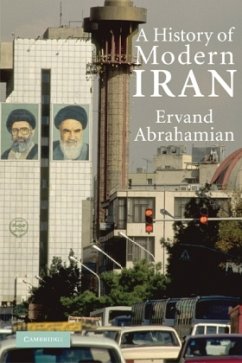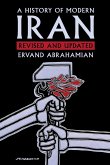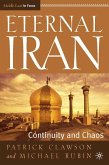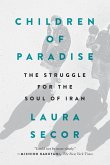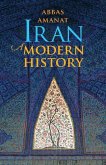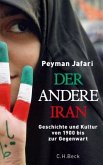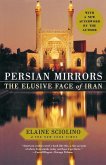A radical reappraisal of Iran's modern history, tracing its traumatic journey across the twentieth-century.
Today Iran is one of the most important states in the Middle East. It was not always so. In a radical reappraisal of Iran's modern history, Ervand Abrahamian traces its traumatic journey across the twentieth-century, through the discovery of oil, imperial interventions, the rule of the Pahlavis and, in 1979, revolution and the birth of the Islamic Republic. In the intervening years, Iran has experienced a bitter war with Iraq, the transformation of society under the rule of the clergy and the expansion of the state and the struggle for power between the old elites, the intelligentsia and the commercial middle class. At the heart of his book are the people of Iran who have struggled and survived the impact of war and revolution. It is to them that this book is addressed and because of them that Iran is hopefully marching towards a new and more stable beginning.
Today Iran is one of the most important states in the Middle East. It was not always so. In a radical reappraisal of Iran's modern history, Ervand Abrahamian traces its traumatic journey across the twentieth-century, through the discovery of oil, imperial interventions, the rule of the Pahlavis and, in 1979, revolution and the birth of the Islamic Republic. In the intervening years, Iran has experienced a bitter war with Iraq, the transformation of society under the rule of the clergy and the expansion of the state and the struggle for power between the old elites, the intelligentsia and the commercial middle class. At the heart of his book are the people of Iran who have struggled and survived the impact of war and revolution. It is to them that this book is addressed and because of them that Iran is hopefully marching towards a new and more stable beginning.
'The book's greatest achievement is that it helps the reader to straightforwardly navigate historical events since late nineteenth century that have shaped today's Iran. [It] unquestionably is a distinguished reference for those looking for a beautifully written narrative of contemporary history of Iran.' Seyed Ali Alavi, School of Oriental and African Studies, University of London

